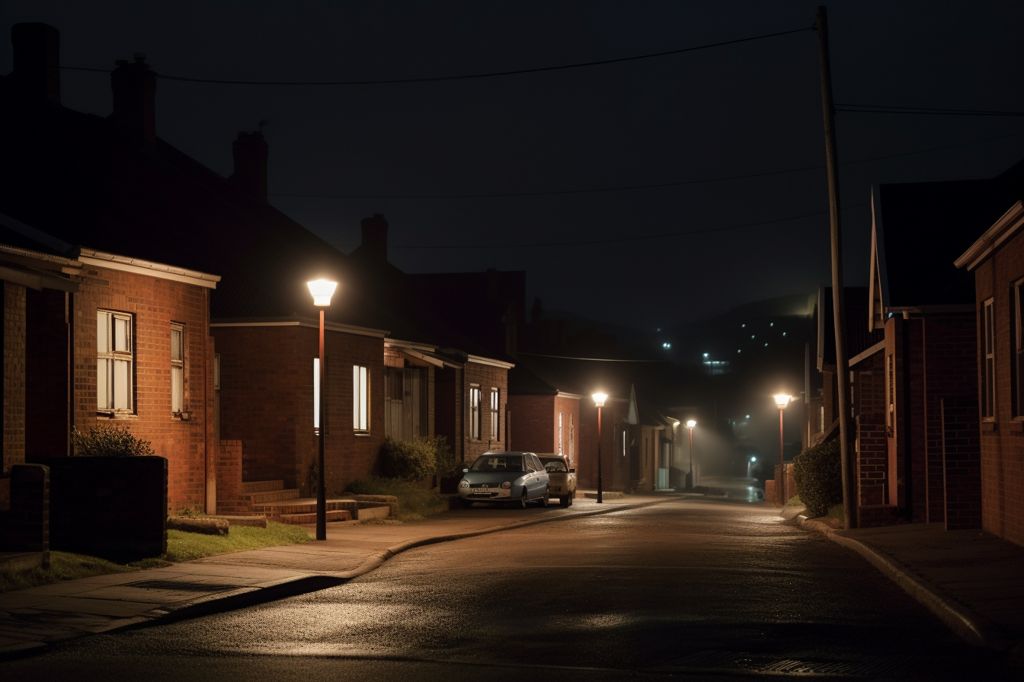Load-shedding has become a persistent problem for many neighbourhoods, particularly during winter when demand for electricity increases. City officials, including energy teams, are facing a tremendous amount of pressure as they try to balance load-shedding-related work with regular maintenance, resulting in repairs being carried out in a shorter window, which affects services and residents.
Emerging Trends
Several new trends have emerged due to load-shedding:
- Shorter-than-scheduled load-shedding: Eskom’s non-stop load-shedding at high stages can result in “over-shedding,” causing the City to make an abrupt shift to a lower stage to maintain system stability. Unfortunately, this change is too sudden to communicate to the public, and the City cannot control it.
- Overloading of the system during peak-time demand spikes (16:00-21:00): When the power returns after load-shedding, all electrical appliances left on surge back to life simultaneously, overloading the system. This prevents areas from being switched on at the same time and necessitates a physical inspection of the network for any damage, theft, or vandalism, further delaying the restoration process.
- Protecting the grid by switching on in phases: To prevent large area outages, the City is now gradually restoring power, making full use of the switching window it possesses.
- Increased short notice of load-shedding changes: The City is doing its best to provide timely information through social media and its website, despite the frequent and sudden changes in load-shedding schedules.
- City protection being stretched thin: The City’s efforts to provide up to two stages of load-shedding protection become more challenging during high stages. The City often sheds close to the same stage as Eskom to build reserves for the week ahead, while also handling maintenance of the Steenbras plant.
- Service request spikes and delays: Fault repairs take longer, as teams have to wait for load-shedding to end before completing their work, leading to backlogs.
- Additional pressure from storm-related damage: Apart from load-shedding-related outages, teams are also dealing with storm-induced damages, further taxing their resources.
- Increased household appliance damage due to power surges: Electrical appliances can be damaged when not switched off before the power returns. Installing surge protection devices is highly recommended for all consumers.
- Reduced planned maintenance: Planned maintenance is postponed during elevated load-shedding levels, resulting in a build-up of maintenance backlog and affecting the distribution network beyond load-shedding.
- Vandalism and theft increase: Load-shedding offers a window of opportunity for criminals to damage and steal electricity infrastructure. Residents are urged to remain vigilant and report incidents.
- Rising violence against City teams: Assaults and robberies targeting teams on the ground often disrupt the repair process.
Adapting to the Situation
In these challenging times, it is essential to adapt and manage the situation effectively. Some vital tips include keeping devices charged, devising a family plan for staying in touch with vulnerable loved ones, and creating a work plan for health, safety, and productivity. Additionally, it is crucial to keep cash at hand, store medications and perishable items safely, secure properties, and support local Neighbourhood Watch initiatives.
The City’s Efforts
Despite the challenges posed by these emerging trends, the City is actively taking measures to address the issue. This includes various components of the load-shedding protection plan, such as the 500 MW dispatchable energy tender, the 200 MW renewable energy from IPPs tender, and the Power Heroes Programme tender. These initiatives aim to alleviate the pressures of load-shedding and improve the overall situation for residents.












